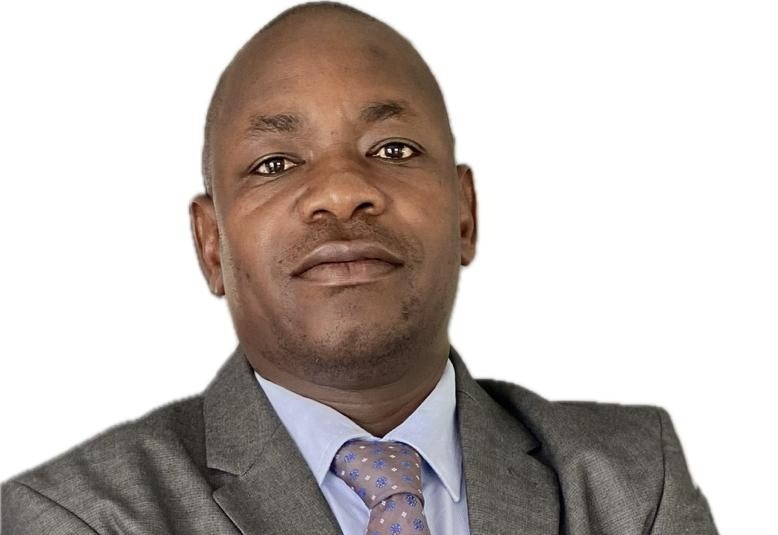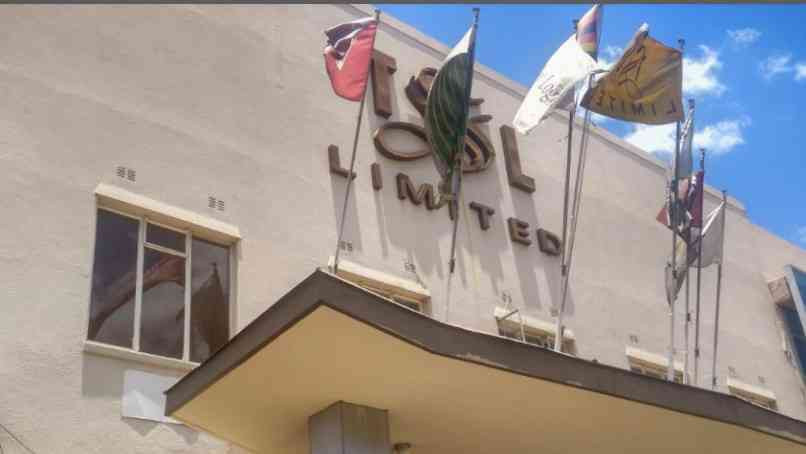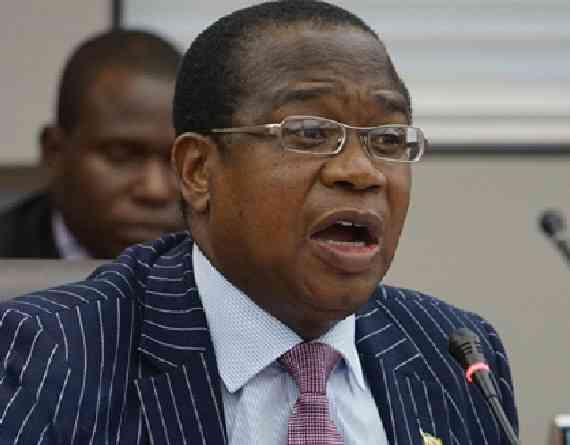
THE Institute of Chartered Accountants of Zimbabwe (Icaz) senior vice president Emmanuel Mudefi has called on local non-governmental organisations (NGOs) to be more resilient amid unprecedented global challenges.
NGOs often support vulnerable groups with finance from aid organisations, multilateral partners and international financial institutions.
However, due to increased geopolitical tensions, uncertain economic growth and countries looking more inward, NGOs are being increasingly scrutinised in how they use these donated funds.
Hence, Icaz has called on local NGOs to be more transparent in their accounting practices.
Mudefi spoke at the two-day Icaz second edition of its NGOs Conference in Kariba, last week, which was held under the theme ‘Re-imagining NGO innovation, Optimisation sustainability and Governance, Fostering Accountability in Building NGO Professional Stronghold’.
“The country and the world at large face unprecedented challenges and the NGOs must rise to the occasion with renewed vigour and vision,” he said.
“So, our focus will be on four pillars, namely, the first one being innovation, the second one being optimisation, then sustainability and governance.
“These pillars are not mere passwords, but the foundation upon which we can build stronger, more resilient organisations.
- Environmental justice: Think big, start small
- News in depth: Slain Moreblessing Ali’s family fears cover-up as children are forced into hiding
- Airports Company strikes mega hotel deal
- In Full – Zimbabwe 42nd Independence Day speech by President Mnangagwa, April 18, 2022
Keep Reading
“In today’s world, innovation is our lifeblood. It fuels our ability to adapt and thrive in an ever-changing environment.”
He said by embracing new technologies and creating solutions, the NGO sector could address its challenges and expand its reach.
Financial Reporting Guidance for Non-Profit Organisations (IFR4NPO) project director Samantha Musoke said around the world, there was no international accounting standard for non-profits.
She said this created inconsistent practices, missed opportunities for transparency, and resulted in the waste of time and money.
IFR4NPO aims to empower those in the non-profit sector by developing user-friendly financial reporting.
“So, this is what the project is aiming to alleviate,” Musoke said.
“Now, when we talk about people in the non-profit sector, you are often hearing part of conversations around locally-led development, decolonisation, shifting power, and often accountants aren’t at the centre of those conversations.
“It feels a bit outside the realm of what we accountants can deal with.
“But this initiative is very much a power shift initiative. Even though it’s an accounting project, the impact will be to shift power and have financial reporting that’s more user-friendly for local organisations around the world, and that facilitates grant-making and reporting. That doesn’t require so much power and control with accountants, and helps level the conversation in that relationship.”
Ministry of Public Service, Labour and Social Welfare permanent secretary Simon Masanga said that the role of NGOs was important for Zimbabwe as it played a very crucial role in elevating the vulnerable communities.
“NGOs can vary widely in size, scope, focus, ranging from local grassroots organisations to large international entities.
“So, on the topic of local grassroots, we are talking about what we call community-based organisations,” he said, in a speech read on his behalf by the ministry’s registrar, Totamirepi Tirivavi.
“So, they play a crucial role in development, advocacy, and assistance delivery, often filling the gaps left by government and private sector initiatives.”
He said NGOs should be compliant with the country’s regulations including registering as an NGO so that they were recognised as legal entities.











